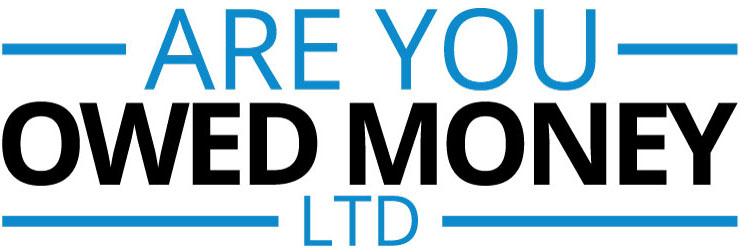“Accept the CVA or collapse”, that is the message from House of Fraser CEO Alex Williamson this week. A bold statement to creditors, and one that is likely to work? Only time will tell; once they have had time to ponder.
A ‘Company Voluntary Agreement’ is a popular option in business. Before House of Fraser, Austin Reed offered creditors the same ultimatum back in 2016: Face big losses, or nothing at all. As opposed to administration, a CVA attempts to offer creditors a long term repayment agreement. It avoids the company in debt being wound up and looks to keep the company afloat.
What exactly though is a CVA?
How do CVAs work?
Are they actually useful to a struggling supplier?
What are they?
A CVA is considered when a company is heavily indebted. It is offered when a workplace is on the brink of collapse, facing administrators. It stands for “company voluntary agreement”. In short, a CVA attempts to look at the amount of debt and number of creditors to find a solution.
Rather than winding up remaining assets and distributing, it looks at repayment plans and future planning. On first glance it seems a great idea, offering more pence in the pound return. It offers creditors more chance of getting their money back; rather than the risks of administration.
A fundamental flaw
There is however a problem with how CVAs work. Many companies are using them to continue trading and avoiding full payment. How is this so? Because once creditors are tied into a CVA, they will only ever get what is agreed. If an agreement is made to return 10p in every £1 over the course of 3 years, that is the final deal.
Why would a creditor agree to a poor deal you ask? Not all creditors have to
If 75% of creditors agree to the CVA conditions, it goes ahead. In the case of House of Fraser, their stance is get what you can, but it won’t be a lot. Some larger suppliers may prefer to take this option. After all, some return is better than none of course.
But...
What about small suppliers and companies; those needing full repayment. According to CVA rules, even if they disagree, they may still be forced to accept. Being one of the 15% doesn’t mean much when a deal is agreed. It is for this reason we believe CVAs could gazump a lot of small businesses.
Stand firm
Small suppliers can often feel bullied by those they supply. Big business can provide the lifeblood of some companies as they try to establish themselves. When a company is trying to build, one large customer can offer a lot of stability.
Last year we wrote about the Four Season Healthcare issues. During their turmoil some smaller businesses folded as a result of their inability to pay. This is the human cost when big businesses struggle.
Is it fair? Absolutely not. Should small businesses be forced to accept something over nothing? Again, absolutely not!
Small companies work hard to stay operational. When a large customer decides they’ve over spent and offer a CVA (which feels like an ultimatum) it is highly unfair that the large corporation gets away with poor management.
In the last year, numerous retailers have offered CVAs as their get out of jail free card. All the while, smaller businesses have either been forced to accept term through larger suppliers deciding for them, or accepting the offer because the risk of administration is far worse. The issue seemingly lies with management, rather than the CVA itself. It shouldn’t be an easy “out option”; it should be a last resort.
What can be done?
When a matter reaches an agreed CVA? Unfortunately not a lot. It is important as a supplier to be very vigilant with customers. Small businesses should already keep a close eye on unpaid orders/ invoices, but even more so if a large supplier is having payment problems
Credit control and debt collection is all about persistence. It’s about a debtor hearing your voice. Stay on top of your invoices is paramount for small to medium businesses. If you are struggling to contact debtors or feel they are avoiding, this is where we can step in to help.
Are You Owed Money attempt to resolve non payment pre legally before any issues like CVAs arise. To do so would ensure you receive far more (if not all) of the money you are owed, as opposed to a set amount. Debt recovery is about applying appropriate pressure. When the debtor is a large client, it can be daunting; but it must be done.
If you are a business owner and would like some advice on credit control and applying pressure; please call our expert team on 0800 130 3357. Pre legal debt recovery is a far better option than waiting on the result of a CVA, and often much faster. Email enquiries@ayom.co.uk today to find out how and why you shouldn’t let large clients use ultimatums like company voluntary agreements.
